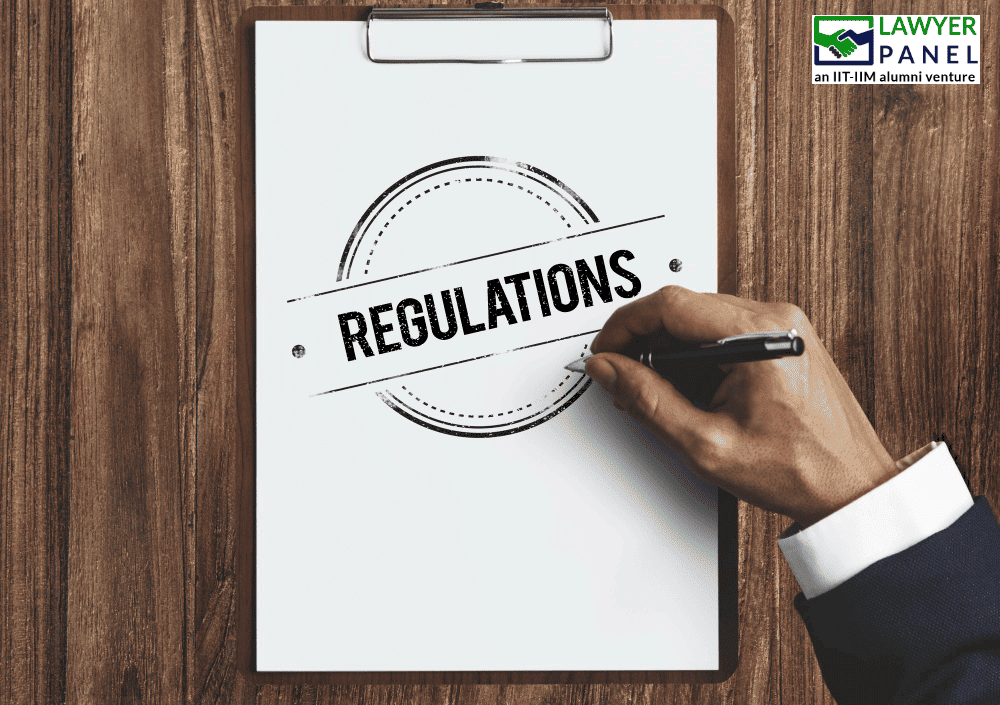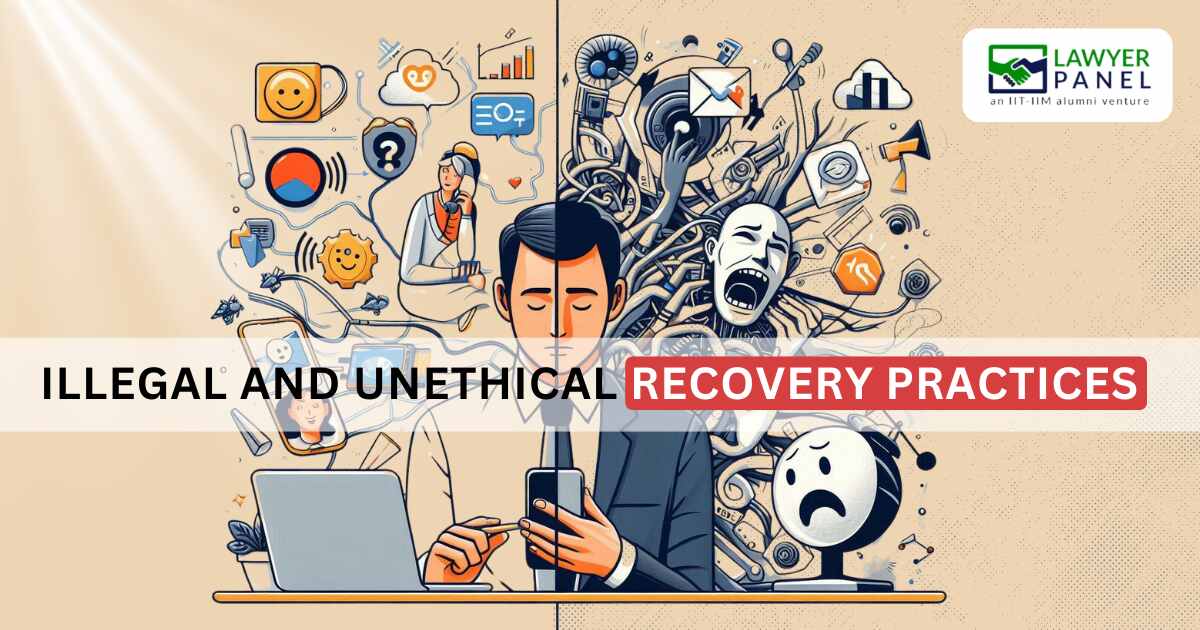Harassment · 3 min read
Unlocking Fair Debt Practices: What RBI Says About Recovery Agents and Borrowers’ Rights
The journey of borrowing and repaying loans can sometimes take unexpected turns, especially when financial challenges arise. To protect borrowers from unfair treatment, the Reserve Bank of India (RBI) has laid down comprehensive guidelines concerning the practices of recovery agents. Let’s delve into these guidelines and understand how they safeguard the rights of borrowers.

Open Communication
RBI emphasizes transparent and open communication between lenders and borrowers. When recovery proceedings begin, financial institutions must communicate the same to the borrower. This includes providing the name of the recovery agent responsible for the interaction.
In simple terms, borrowers have the right to know who is contacting them and for what purpose. This measure ensures clarity in the often stressful process of debt recovery.
Timings Matter
The guidelines clearly state that recovery agents should only contact borrowers between 7:00 and 19:00. This time frame respects the individual’s right to peace during non-working hours. Importantly, agents are restricted from making unannounced visits to the borrower’s premises.
This provision protects borrowers from undue harassment, promoting a more balanced and respectful approach to debt recovery.
Also Read: Can You Stop Harassment by Recovery Agents?
Privacy Protection
Respecting privacy is a key aspect of RBI guidelines. If a recovery agent needs to visit the borrower, the borrower has the authority to decide the venue. Agents must conduct themselves civilly during such visits. Furthermore, they are required to carry an authorization letter from the financial institution.
In essence, this protects the borrower’s personal space and ensures that interactions are conducted in a dignified manner.
Tracing Borrowers
While the recovery agent has the right to contact the borrower’s relatives, friends, and references, this is permissible only if the borrower cannot be traced. This is a strategic move to locate individuals who might be attempting to avoid communication.
By setting these limits, the RBI prevents unnecessary intrusions into the lives of borrowers while still allowing the tracing of those genuinely difficult to locate.
Legal Responsibility of Lenders
Crucially, the guidelines highlight that lenders are responsible for the actions of their recovery agents. If an agent breaches the stipulated rules, the lender must take corrective action. This adds an extra layer of accountability to financial institutions.
In practical terms, this encourages lenders to ensure that their recovery agents adhere to the guidelines and treat borrowers fairly.
Understanding RBI guidelines on recovery agents provides borrowers with a sense of security during challenging financial times. These regulations not only protect individuals from potential harassment but also foster an environment where debt recovery is conducted ethically and responsibly.
In conclusion, adherence to these guidelines creates a more balanced and respectful relationship between lenders and borrowers, ensuring that the process of debt recovery is fair and just.
If you are in a debt, then your journey to a debt-free life is just a click away at https://www.lawyerpanel.org/



